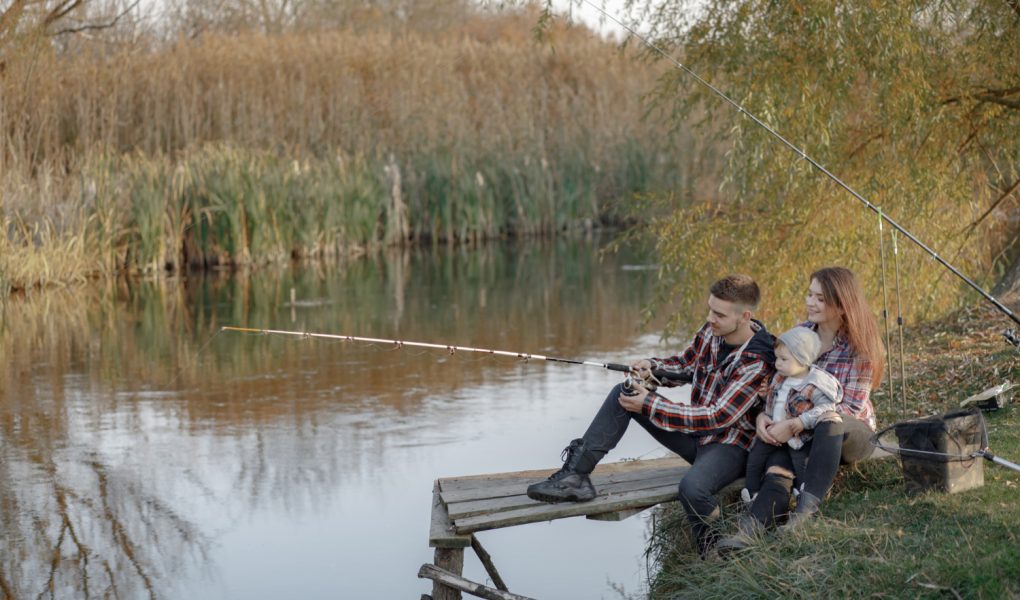In an age of endless scrolling, tight deadlines, and digital overwhelm, more people are turning to an age-old practice to clear their minds: fishing. Once seen as a hobby for retirees or sportsmen, fishing is now being embraced by a new generation as a form of outdoor therapy — offering peace, patience, and perspective in an increasingly chaotic world.
The Rise of “Blue Mind” Therapy
Marine biologists and psychologists alike have documented the calming effect of being near water — a concept known as the “Blue Mind” theory. Simply put, water soothes the brain. Whether it’s the sound of waves, the gentle ripples of a lake, or the stillness of a river, these environments lower stress levels, reduce anxiety, and improve mental clarity.
Fishing immerses you in this tranquil atmosphere. The repetitive, mindful nature of casting a line and waiting in silence allows the brain to enter a meditative state — making fishing a natural antidote to modern stress.
Why Fishing Supports Mental Health
Here’s how fishing can benefit your emotional and psychological well-being:
- Mindfulness and presence: Fishing encourages you to slow down, observe your surroundings, and live in the moment.
- Reduced screen time: With no urgent emails or social feeds to check, your brain gets a digital detox.
- Boosted self-esteem: The simple act of catching a fish — or even patiently waiting — can create a sense of achievement.
- Connection with nature: Studies show that spending time outdoors lowers cortisol (stress hormone) and lifts your mood.
- Social bonding: Fishing with friends or family builds deeper relationships and provides an opportunity for meaningful conversation.
A Trending Lifestyle, Not Just a Weekend Hobby
In 2025, fishing is being rebranded as a wellness activity. Influencers are sharing peaceful lakeside clips on TikTok under hashtags like #FishingTherapy and #MentalHealthOutdoors, while outdoor brands are partnering with mental health organizations to host fishing retreats and nature-based support groups.
Even urban dwellers are getting involved. City parks and urban fishing programs are making it easier for people to cast a line without leaving town, proving that you don’t need a remote lake to tap into the mental health benefits of fishing.
How to Start Fishing for Your Mind
If you’re new to fishing, here’s how to make it part of your mental wellness routine:
- Start small: Try local rivers, ponds, or stocked lakes.
- Go solo or with a close friend: Use the time for quiet reflection or supportive conversation.
- Leave the phone in your bag: Let yourself disconnect from the noise of daily life.
- Be patient: Fishing teaches the art of waiting — a skill that’s surprisingly therapeutic.
Final Thoughts
Fishing isn’t just about the catch — it’s about the calm. In 2025, as mental health becomes a daily priority for millions, this timeless outdoor ritual is proving to be one of the simplest and most powerful tools for emotional well-being.
So next time life feels overwhelming, don’t scroll — cast. The peace you’re looking for might just be waiting on the water.
